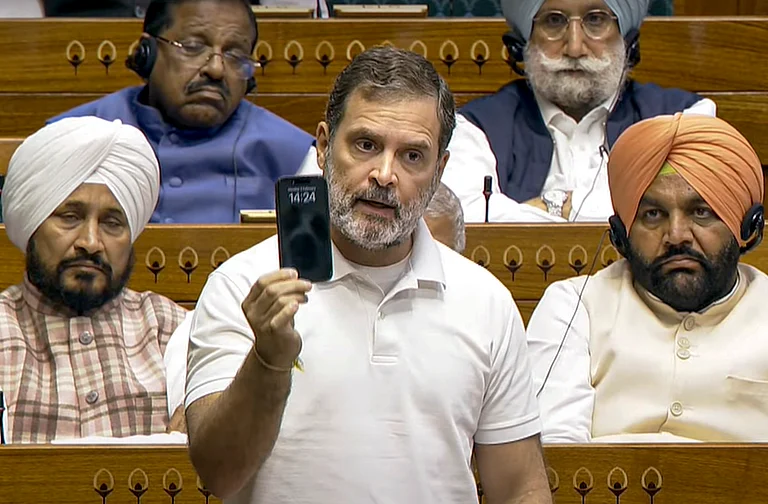There can be no restriction on a woman's right to exercise her reproductive choice to either procreate or to abstain from procreating, Kerala High Court has said while allowing a 23-year-old student to medically terminate her 26-week pregnancy.
Justice V G Arun, in an order on November 2, said the medical board has opined that the woman was having acute stress reaction and continuation of the pregnancy may risk her life.
The woman, an MBA student, had conceived from a consensual relationship with her classmate. According to her plea, she became aware of her pregnancy only after an ultrasound scan was conducted on the advice of the doctor whom she had visited complaining of irregular menstrual periods and other physical discomfort.
"There can be no restriction on a woman's right to exercise her reproductive choice to either procreate or to abstain from procreating," Justice Arun said in his order.
Referring to previous Supreme Court judgements, the Kerala High Court said a woman's right to make reproductive choice comes under the dimension of her personal liberty, under Article 21 of the Constitution.
"A careful scrutiny of the opinion shows that the petitioner is having acute stress reaction and continuation of the pregnancy may cause an exacerbation of her medical distress which may entail risk to the petitioner's life," the court noted.
The High Court permitted the woman to get her pregnancy terminated at the government medical college hospital or any other hospital having facilities mandated by the Medical Termination of Pregnancy Act.
The woman had told the court that she had been suffering from polycystic ovarian disease, a condition characterised by irregular menstrual periods and hence, she had no clue of her pregnancy till the scan report was received on October 25.
Adding to her woes, the classmate, with whom she was in a relationship, had left the country for higher studies and she moved the High Court seeking permission to medically terminate the pregnancy as continuing with the pregnancy would aggravate her stress and mental agony and would impact her education and ability for a livelihood.
-With PTI Input






.png?w=801&auto=format%2Ccompress&fit=max&format=webp&dpr=1.0)



















